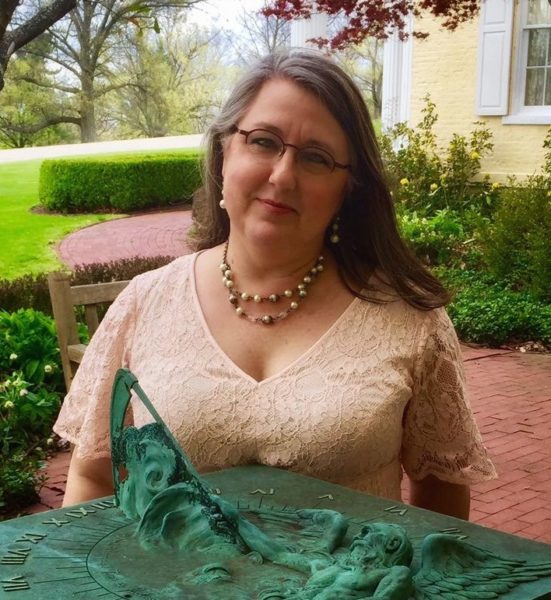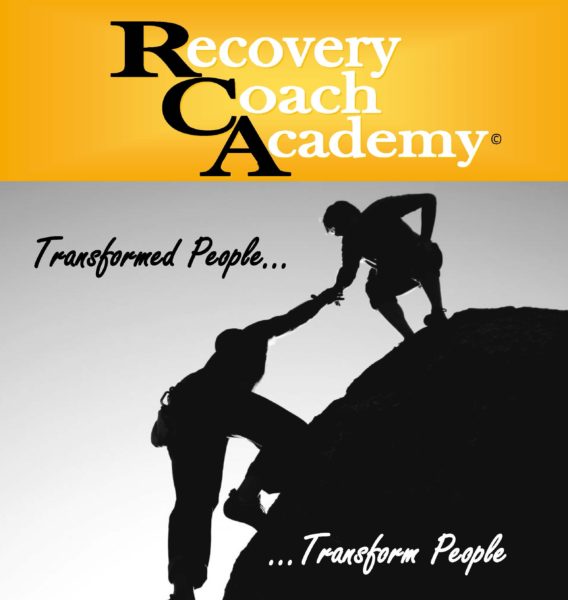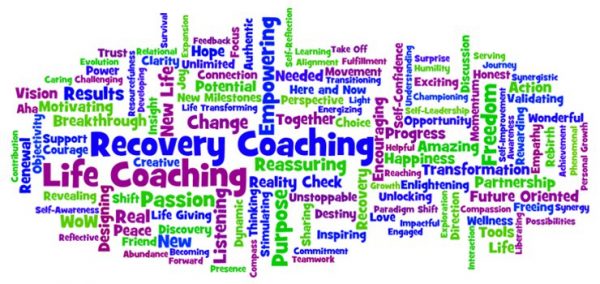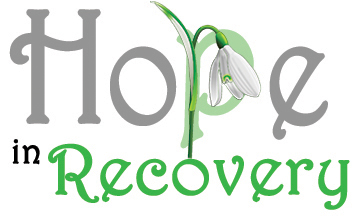“Transformed people transform people.”
Those words coined by spiritual author Richard Rohr are the motto of the Center for Addiction Recovery Training’s Recovery Coach Academy, now being offered locally.

Wheeling residents Valery Staskey of Youth Services Systems and Jennifer Sorg of the Wheeling YWCA are certified facilitators for the Recovery Coach Academy and offer training sessions in the Wheeling area for those interested in becoming certified recovery coaches. Valery and Jennifer were trained by the Connecticut Community for Addiction Recovery or CCAR. CCAR offers Recovery Coach Academy through the Center for Addiction Recovery Training, also known as CART. CART is a global leader in quality recovery coach training and bases all course offerings on proven fundamentals of coaching excellence.
CCAR is a nationally-recognized Connecticut-based group that strives to organize and educate the recovery community. This community includes people in recovery, their friends, family members and allies. They exist to put a “face” on recovery and provide recovery support services of various types. CCAR created CART in 2014 to provide a centralized location for those interested in recovery coaching and providing recovery support services with training resources. CART designs curriculum based on current needs of the field and from data collected from current training evaluations.
CART has trained over 25,000 coaches nationwide who are having a positive impact within the recovery movement and working to combat the opioid crisis.
 What exactly is the role of a recovery coach?
What exactly is the role of a recovery coach?
Valery tells Weelunk, “A recovery coach works with a person in or seeking recovery to promote that recovery, to help remove barriers to recovery, and to be a guide and a support.” Often a coach is also living in long-term recovery and can offer first-hand advice, guidance and motivation to someone who is just beginning the recovery journey.
“A coach can be a resource to help a newly recovering person with practical needs, such as finding housing, continuing his or her education, or seeking employment,” says Valery. “A coach is also a guide to the local recovery community, which has its own lingo and slang. A coach can help to make introductions within the recovery community so that a person feels supported.” Valery also points out that a coach differs from a sponsor. “A coach is a resource and guide,” she says. “A sponsor helps a person in recovery work their 12-step program.”
 A major goal of recovery coach training is to improve a person’s ability to actively listen and ask effective questions, using a counseling tool known as motivational interviewing. Motivational interviewing is a method of conversation that can help increase a person’s motivation and get them to commit to the difficult process of change. Effective coaches learn to balance both the art and the science of recovery coaching. As it states on the CART website, “People don’t care what you know — the science — until they know how much you care — the art.”
A major goal of recovery coach training is to improve a person’s ability to actively listen and ask effective questions, using a counseling tool known as motivational interviewing. Motivational interviewing is a method of conversation that can help increase a person’s motivation and get them to commit to the difficult process of change. Effective coaches learn to balance both the art and the science of recovery coaching. As it states on the CART website, “People don’t care what you know — the science — until they know how much you care — the art.”
Another goal of the training is to transform students into compassionate recovery advocates who are highly knowledgeable in the basic concepts of addiction and recovery. Once that is accomplished, certified coaches have the capability to transform the lives of others.
Coaches also help those in recovery by helping them to create a “wellness plan.”
 “Help with physical, emotional and spiritual health, along with practical assistance finding living accommodations, employment, education and the management of personal daily living activities are all part of a comprehensive plan for wellness in recovery,” Valery states.
“Help with physical, emotional and spiritual health, along with practical assistance finding living accommodations, employment, education and the management of personal daily living activities are all part of a comprehensive plan for wellness in recovery,” Valery states.
“Coaching is another ‘leg’ of support on the ‘table’ of recovery,” Valery points out. “It advocates for multiple pathways to recovery.” She believes recovery is an individual journey that must allow for various types of treatment. Traditional 12-step programs work for many people but may not be effective for everyone. Options such as SMART Recovery, CRAFT, medication-assisted treatment and others work well for some people.
There are few requirements for the basic recovery coach training class. Interested parties need not be in long-term recovery themselves. “Many coaches are parents, siblings or other allies,” Valery says. Those who are in recovery do not have to have been in recovery for any particular length of time to qualify for the training.
The Recovery Coach Academy is generally held over a five-day period, Monday through Friday, and requires a commitment of 30 hours. This basic certification is a prerequisite for the next level of training, which is a West Virginia state certification of Peer Support Specialist. This state certification does have an extensive application process and requires the completion of a number of other courses, such as ethics, spirituality and studies about the role of the emergency room in the disease of addiction. After completing these courses, the student is required to pass a comprehensive exam before state-level certification is awarded.
The basic recovery coach training is free of charge to participants, thanks to the generosity of major sponsors such as Youth Services Systems, the Wheeling YWCA, and other area agencies. If you are ready to be “transformed” and are interested in becoming a certified recovery coach, call Valery at 304-280-1930 for information on upcoming class availability.
• A lifelong Wheeling resident, Ellen Brafford McCroskey is a proud graduate of Wheeling Park High School and the former Wheeling Jesuit College. By day, she works for an international law firm; by night, (and often on her lunch breaks and weekends) she enjoys moonlighting as a part-time writer. Please note that the views expressed in her writing are solely her own and do not necessarily reflect those of anyone else, including her full-time employer. Through her writing, Ellen aims to enlighten others on causes close to her heart, particularly addiction, recovery and equal rights. She and her husband Doug reside in Warwood with their clowder of rescued cats, each of whom is a direct consequence of his job as the Ohio County Dog Warden. Their family includes four adult children, their spouses and several grandkids.


